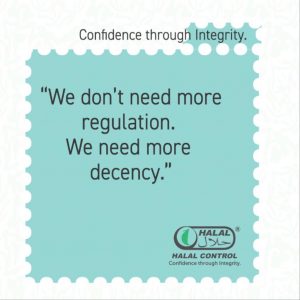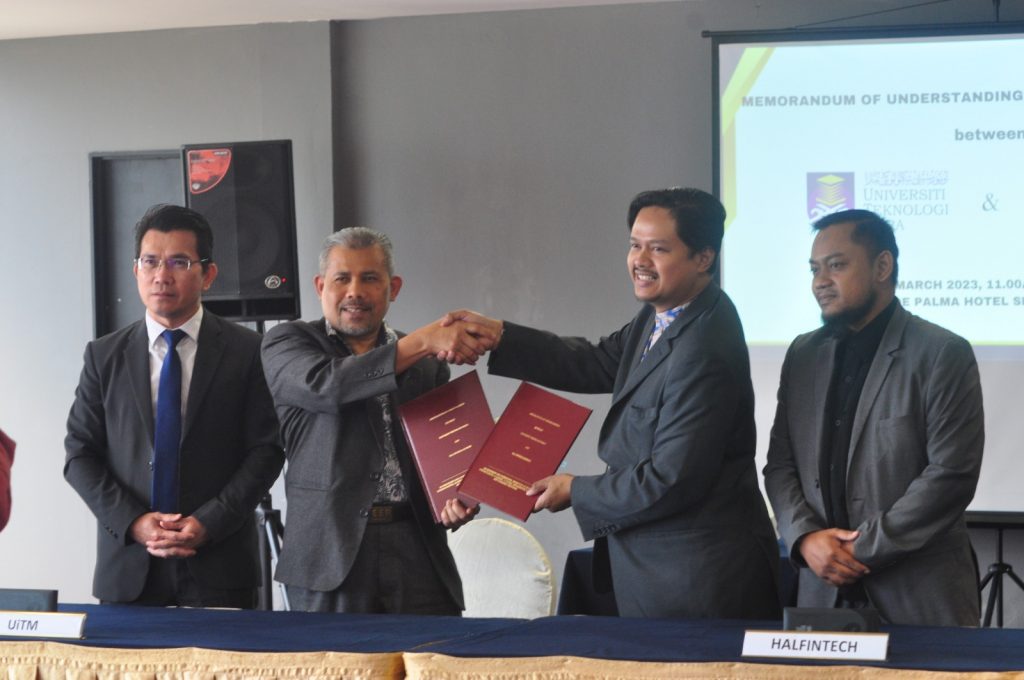Change is essential to attract the best talent
Banks must take up projects that will bring smiles into the lives of people in order to connect with today’s generation
- By Rushdi Siddiqui, Special to Gulf News
Unless Islamic finance is made relevant to young people, it will struggle to gain popularity and grow in strength in the future.
I was fortunate to be part of the Bold Talks 2011, a conference about people who have had their human spirit tested and overcame their breaking points. There was an ex-Guantanamo Bay prisoner, Moazzam Begg, ex-Guantanamo Bay guard who embraced Islam, T.J. Holdbrooks, and globally recognised Stanford University professor, Philip Zimbardo, known for the ‘Stanford Prison experiment.’
Obviously, these three speakers can draw and command the emotional attention of any audience in almost any part of the civilised world with their real life experiences.
I was asked to present a paper on Islamic finance in the context of the ‘human interest or public good’ story of this niche market. But, a presentation on the prohibition of interest, and the history of Islamic financing was not going to connect with a large, emotionally charged young audience. While Islamic finance is theoretically about social justice, equity and fairness, the inclusion of the financially disenfranchised, stewardship of the environment, this was not going to be enough to engage the audience.
Comparisons
However, it’s humour, not money, that ultimately builds bridges between people of different ages, interests, ethnicities, religions and geographies. I suggested to the audience that:
1. If Islamic finance were a fruit, it would be a Durian: some love it and some hate it.
2. If Islamic finance were a vehicle, it would be a steam engine, noisy, slow, steady, but will get you to your eventual destination
3. If Islamic finance was an actor, it would be Bruce Dern, great talent, but always gets the role of a bad guy.
4. If Islamic finance were a gadget, it would be the Walkman, excellent invention, but must continually reinvent itself before going obsolete.
But my presentation could not be a 30-minute stand-up Islamic finance comedy — there was not enough material to fill the allotted time.
While the presentation received only polite applause, the Bold Talks event raised an important question for Islamic fin-ance and halal food industry: what is the Islamic finance story that will connect to today’s and tomorrow’s generations?
After listening to photo-journalist Joy Tessman speak about the BP oil disaster of 2010 in the Gulf of Mexico, I soon realised it is the environment. Today, not one Islamic bank is a member of the Equator, Carbon and/or Climate Principals, yet, the GCC has one of the largest carbon footprints. Additionally, if we look at today’s 560 plus Islamic funds, not one Islamic ‘green fund’ comes to mind.
Where is the environmental Corporate Social Responsibility of Islamic finance as stewards of the earth? Islamic banks fin-ance and fund projects, infrastructure to real estate development via syndicated loans or sukuk, but where are their environment impact covenants? Imagine at Bold Talks 2011, a speaker shows a slide of a large village in Africa with people smiling because of, say, a $500 million water, road and sanitation project financed via sukuk. This is how Islamic banks become part of ‘most admired company’ that young people want to work for!
The writer is the Global Head, Islamic Finance & OIC Countries, Thomson Reuters.



